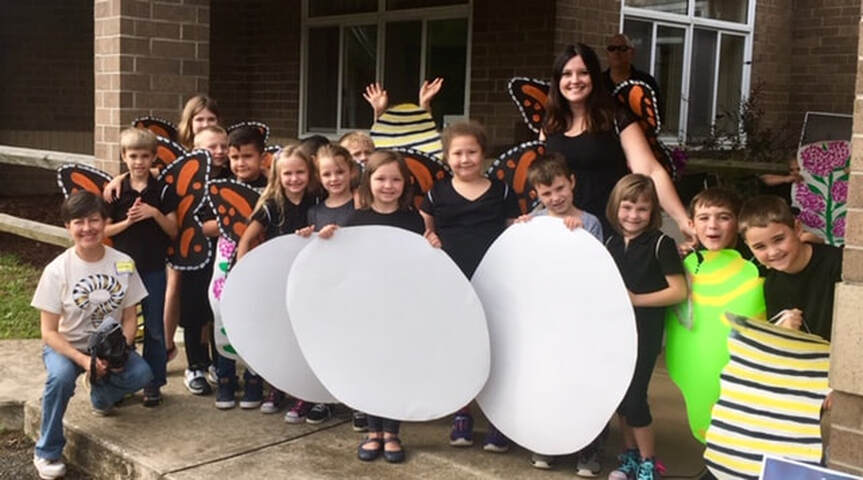
We continue to celebrate the monarch numbers from Mexico this year. The acreage that monarchs occupied in Mexico this past winter was much higher than in recent years. This is good news and gives monarchs a fighting chance at recovery. That said, monarchs are not out of the woods yet and we need many more strong years for real recovery. Why should we be cautious and not cry victory yet?
The area monarchs occupy in Mexico is still 66% lower than it was in 1997. In terms of weather, 2018 was a great year for monarchs. A great spring meant that breeding in Texas went well, good weather in the upper Midwest and Northeast in the summer meant that the larger numbers of monarchs from Texas had good breeding success and there was good weather for migration back to Mexico. Last, we had a good weather year in Mexico with no large winter storms. We need more years where the weather is not perfect to see if the population is indeed recovering.
The story in the west is even more dire. The western monarch population saw its worst year ever. It has declined by over 99% since the 1980’s.
Although there is more work to do, the good news is everyone can help! Whether you live in town or own a farm, manage a small yard or a large natural area you can help monarchs.
Remember, monarchs are insects and insecticides kill them. Monarchs need milkweed to feed on as larvae, so plant native milkweed that is free of insecticides. Luckily, there are numerous milkweed finder resources including Xerces’ Milkweed Seed Finder, Monarch Watch Milkweed Market, and the Monarch Watch Milkweed Market Vendors. Milkweed is great baby food, but don’t forget to plant lots of flowers with ample nectar for adult monarchs too.
To learn more, visit Xerces’ Monarch Conservation page.
Your tax deductible donation will help us to protect the life that sustains us.




